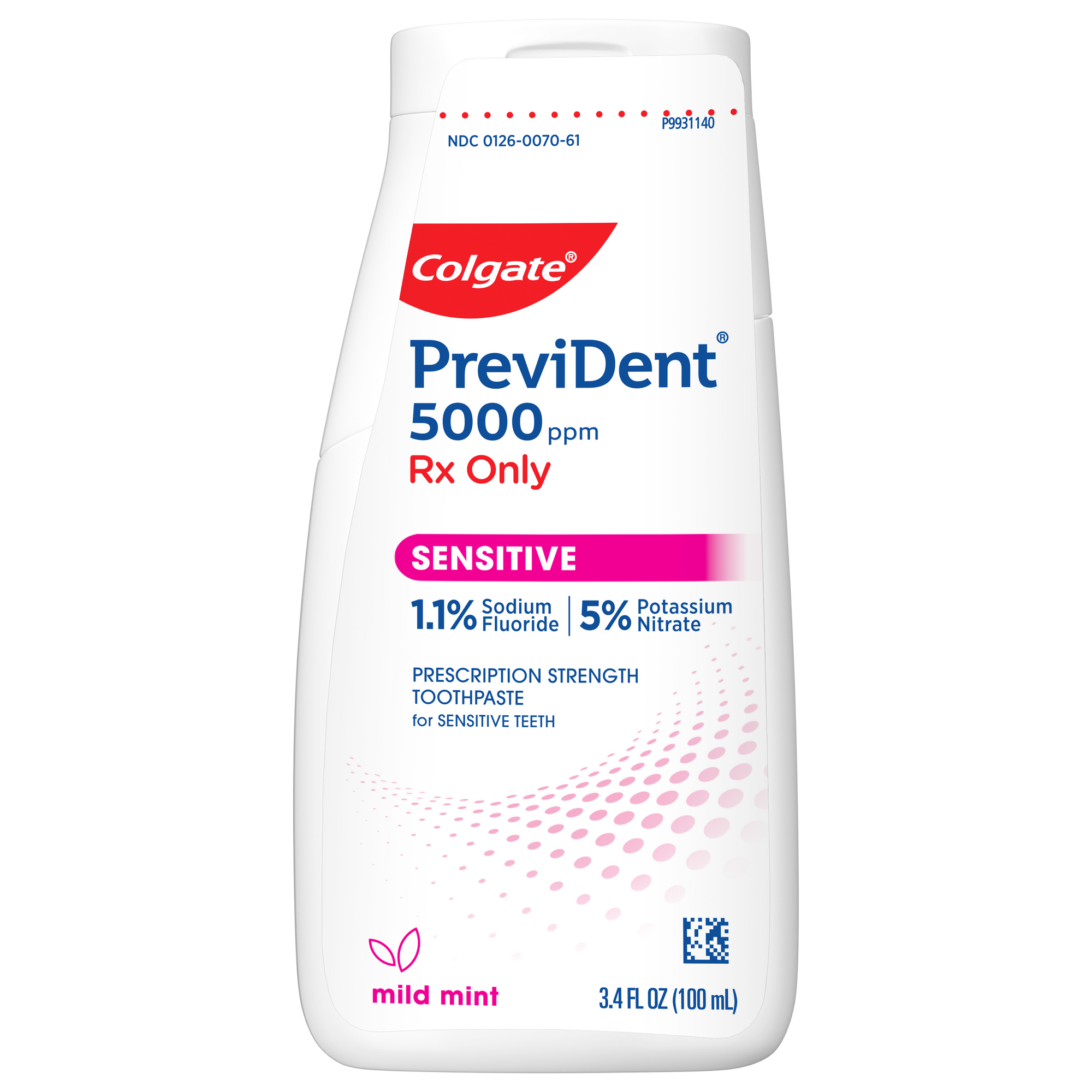According to the Centers for Disease Control and Prevention, adults get two to three colds per year on average, each lasting between seven and 10 days. It's important to know how to care for yourself properly so you can ease symptoms, such as nasal congestion, and avoid cold complications, like dry mouth and sinusitis. And the steps you take to safeguard your mouth can help you feel better faster. So, what connects a cold, your teeth, and your oral health?
Nasal Congestion and Dry Mouth
You know the feeling: You lay your achy head down to sleep only to realize your nasal congestion prevents you from breathing through your nose. Instead, you have to breathe through your mouth. This can lead to a dryness affecting your oral health, which might be why your teeth and gums hurt, and your lips and mouth dry out.
Nasal congestion is a major cause of dry mouth because it leads to reduced saliva flow. Some cold medications, such as antihistamines and decongestants, also can reduce saliva flow, according to the Mayo Clinic. Alleviating dry mouth is important since excess dryness and reduced saliva:
- Promote the growth of bacteria, increasing your chances of developing tooth decay and gum disease.
- Make it harder to chew, swallow, and get your nutrients, which you need to heal.
By all means, continue taking your nasal decongestants. They will help dry mouth in the long run since you'll soon be able to breathe through your nose. Though while on decongestants, take these steps to combat dryness and generate saliva:
- Have a water bottle nearby and take frequent sips of water or juice to keep your mouth lubricated – and keep yourself hydrated.
- Suck on sugar-free cough drops or chew sugar-free gum to stimulate saliva flow.
- Take hot showers, as the heat can help clear your nasal passages while the moisture helps with dryness.
- Keep a humidifier running in your home to add moisture to the air, soothing a dry mouth and a dry throat. Plus, the moist air can help prevent sinusitis.
- Try a saline nasal spray, which can significantly reduce sinusitis symptoms.
- And though you might not feel up to it, continue your regular brushing-flossing-rinsing routine to keep oral bacteria at bay.
Sinus Pain and Toothaches
The last thing you need when you're sick with a cold is a toothache. While the two seem unrelated, pain in your upper teeth and tenderness around your sinuses could be signs of sinusitis. Caused by the cold virus, sinusitis can result in pain in the upper rear teeth because they're close to the sinuses. A telltale sign of sinusitis is when pain isn't limited to one tooth.
If you've had a recent cold and suddenly feel pain in your upper teeth, you might have acute sinusitis. Other symptoms include:
- Drainage of thick yellow or greenish mucous from the nose or down the throat
- Pain and pressure around your eyes, cheeks, and nose
- Reduced sense of smell and taste
If you're experiencing these symptoms, it's best to get a test to make sure you don't have a more serious virus. With the help of over-the-counter medicines and some of the measures to prevent dry mouth, acute sinusitis can resolve on its own, along with your cold, But after 10 days, your best bet is to see your doctor. There's a chance acute sinusitis can develop into a bacterial infection, and you might need antibiotics.
If you get a cold, take the necessary steps to prevent dry mouth and sinus pain, both of which can lead to more serious conditions. By taking action, you'll also protect your teeth, gums, lips, mouth, and overall oral health. Plus, you'll recover faster from the common cold by following the good advice. One more thing: Don't forget extra rest and some chicken soup!
This article is intended to promote understanding of and knowledge about general oral health topics. It is not intended to be a substitute for professional advice, diagnosis or treatment. Always seek the advice of your dentist or other qualified healthcare provider with any questions you may have regarding a medical condition or treatment.
ORAL HEALTH QUIZ
What's behind your smile?
Take our Oral Health assessment to get the most from your oral care routine
ORAL HEALTH QUIZ
What's behind your smile?
Take our Oral Health assessment to get the most from your oral care routine







.jpeg)







